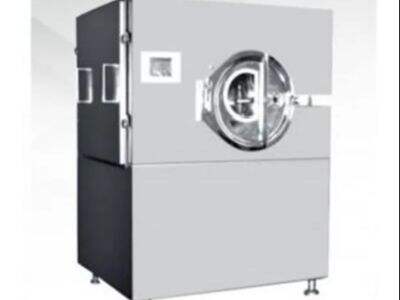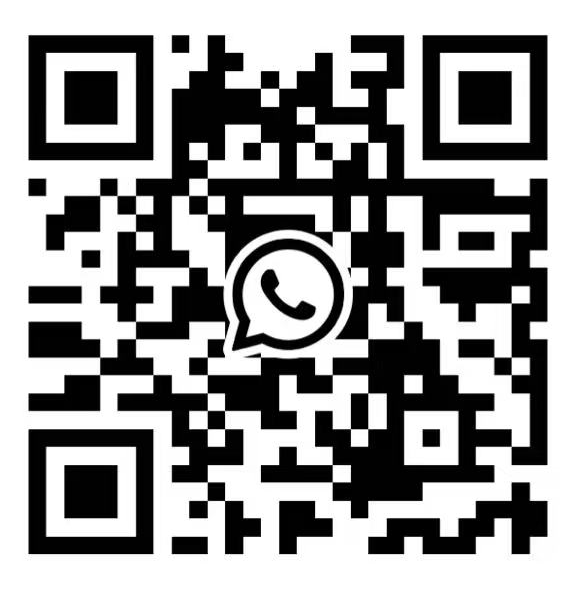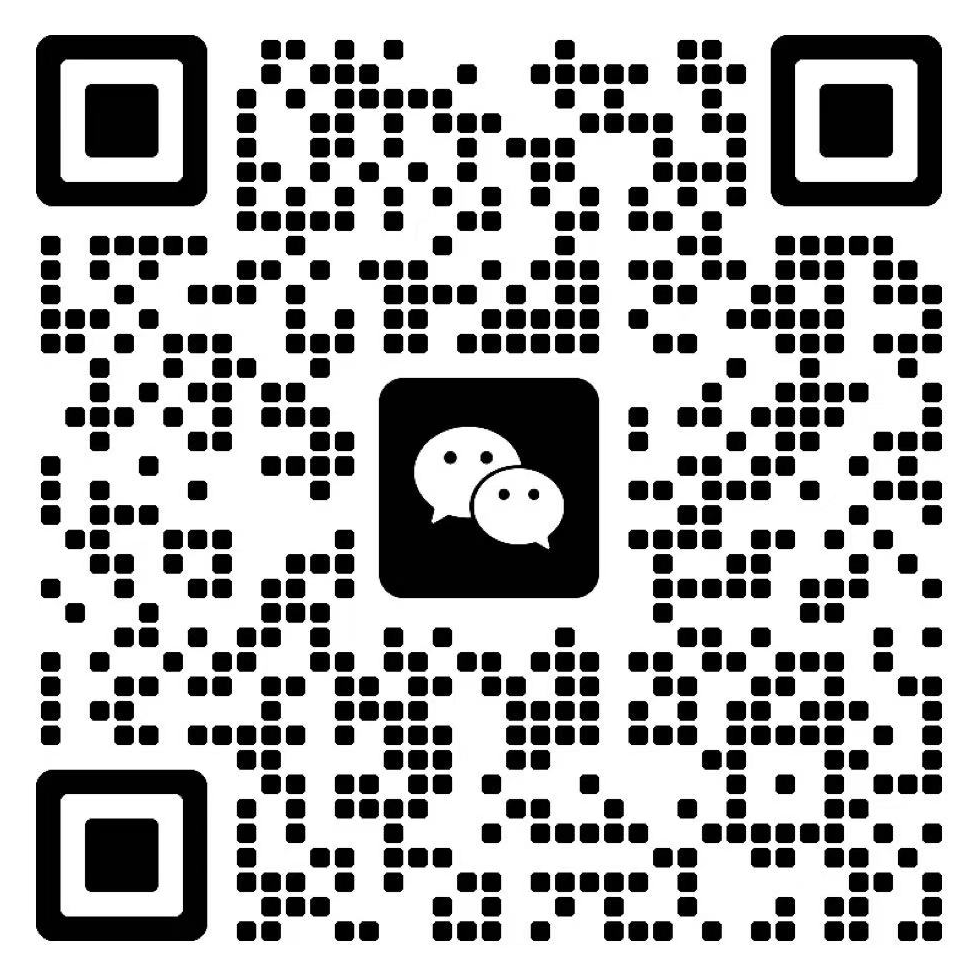A worker is only required to do his or her part. They do their part and pass the item on to the next worker in the process. This goes on till the item is finished and ready for sale. Production lines simplify and expedite product creation by dividing up the work.
Types of Production Lines
Production lines in factories generally come in two forms: flexible or dedicated. Flexible production lines are capable of producing several different Tablet Packing Machine products. For instance, they can build garments, cellphones, or different goods which change frequently. For example, they mass manufacture cars or toys at once. This allows factories to keep up with consumer demand.
Alternative Names for a Production Line
According to the type of business they are in, production lines may be known by other names. Production lines in car factories are often referred to as assembly lines. That's because workers put various parts of the car together. For example, in the food industry, we may use the term processing lines, where food is collected, prepared, and packaged. They are also commonly referred to as sewing lines in garments factories. Whether you call them factories or not, the endgame is identical: Fast-tracking products.
How Production Lines are Beneficial for Businesses
Whether helping businesses to work faster, easier or more economically, production lines assist businesses in many ways with their workflow. As each worker is focused on one single task, they become an expert at it. This means they are able to function more quickly compared to if every step of the process had to be completed on their own. It enables the company to sell the items at a lower price point since items are manufactured and ready sooner. For customers, this is excellent since more consumers can now afford to purchase the selling Auxiliary Equipment products.
Modern Production Lines
There are a lot more automated production lines in the world today. This implies there is more work being done by machines and robots that used to be performed by people. In a car factory, robots can be used for welding metal parts to each other or robots may even be used for painting the cars. This application of machines may enhance efficiency to an even greater degree, but it also reduces the number of jobs available to workers. But workers are still needed to run, repair and service all these machines, so manufacturing jobs are still going to be around for a long time to come.
They are able to sell them at a lower price since they can manufacture these items in bulk. This facilitates the purchasing of goods by people across the globe.
Conclusion
Finally production lines are one of the most important element of production process today. This ensures quick and cost-effective production and further enables these businesses to provide cheaper Tablet Press Tooling products for their customers. Although production lines may become increasingly powered by machines and robots in the years to come, there is still a need for workers to operate and maintain these machines.
 EN
EN
 AR
AR
 BG
BG
 HR
HR
 CS
CS
 DA
DA
 NL
NL
 FI
FI
 FR
FR
 DE
DE
 EL
EL
 IT
IT
 JA
JA
 KO
KO
 NO
NO
 PL
PL
 PT
PT
 RO
RO
 RU
RU
 ES
ES
 SV
SV
 TL
TL
 ID
ID
 UK
UK
 VI
VI
 TH
TH
 TR
TR
 MS
MS
 KA
KA
 BN
BN
 LO
LO
 LA
LA
 MN
MN
 MY
MY
 UZ
UZ
 KY
KY



